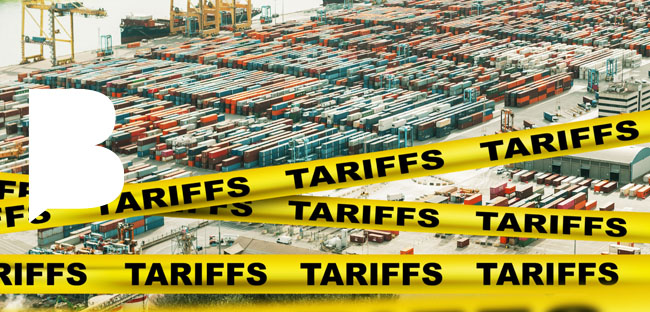The White House has strongly criticised the EU after landmark fines were imposed on Apple and Meta Platforms, describing the penalties as a ‘novel form of economic extortion’ that the US would not tolerate.
The European Commission fined Apple €500 million and Meta €200 million under the Digital Markets Act (DMA), a new law designed to rein in the power of dominant tech giants.
Rather than viewing the DMA as a fair attempt to promote market competition, US officials called it ‘discriminatory’ and claimed it unfairly targets American firms, undermines innovation, and restricts civil liberties.
The White House warned that such extraterritorial measures would be treated as trade barriers and hinted at retaliation.
At the same time, tensions were mounting on another front, with US Treasury Secretary Scott Bessent acknowledging that tariffs between the US and China were unsustainable.
He said both sides must lower their tariffs, currently as high as 145 per cent, instead of expecting unilateral moves, suggesting a potential thaw in the ongoing trade war.
President Trump, while indicating openness to cutting Chinese import duties, also threatened to raise the existing 25 per cent tariff on Canadian car imports. He said the US should focus on building its own vehicles instead of relying on foreign manufacturers.
Would you like to learn more about AI, tech and digital diplomacy? If so, ask our Diplo chatbot!









































